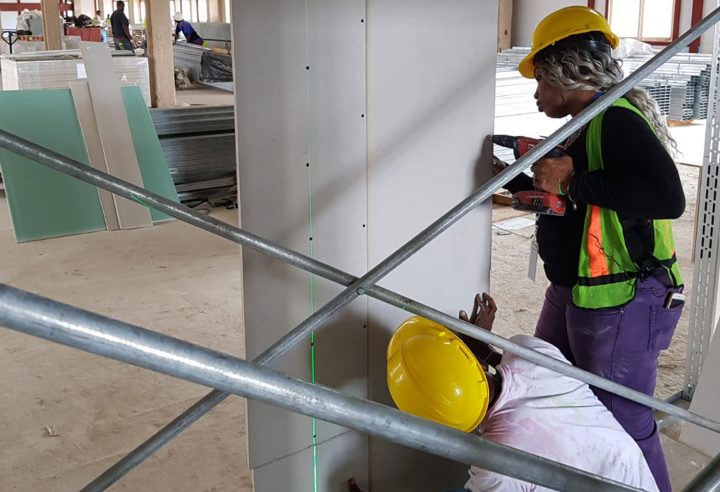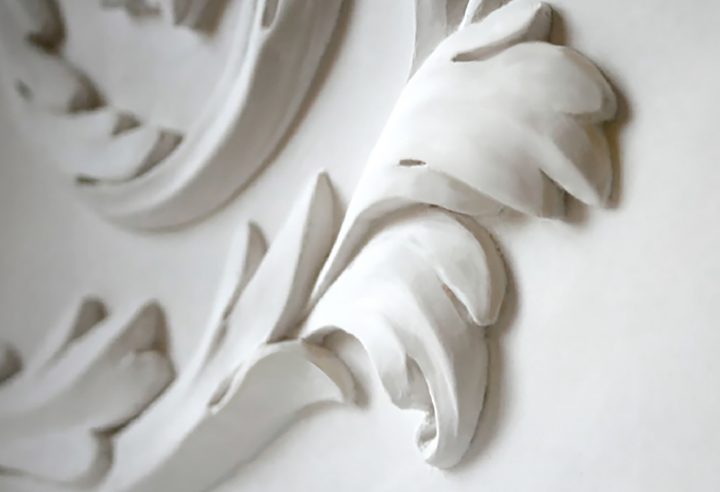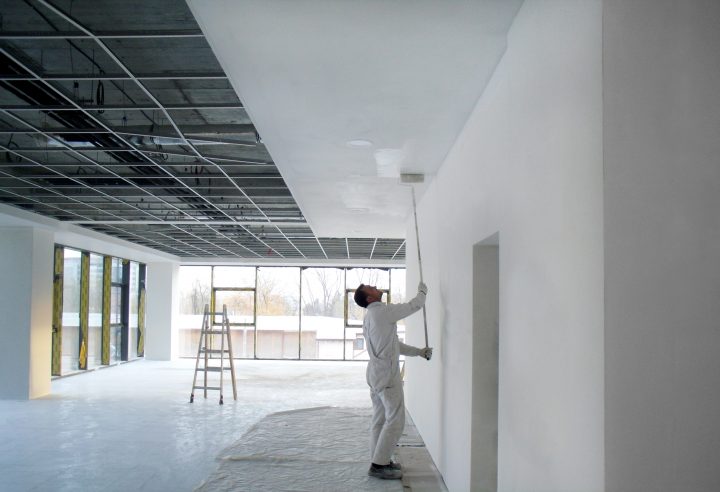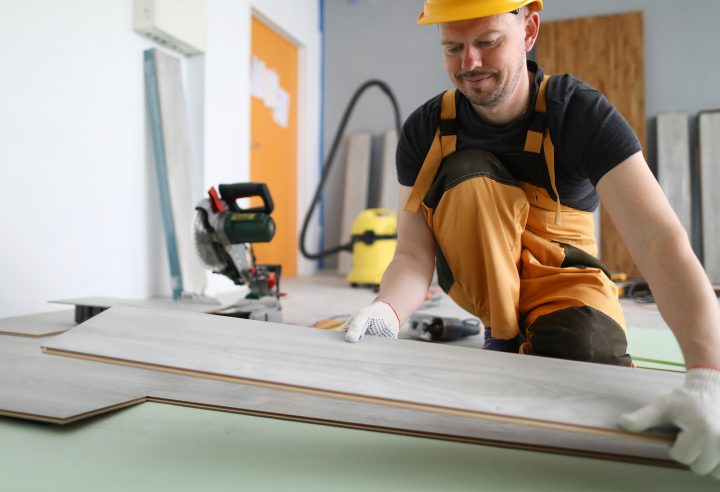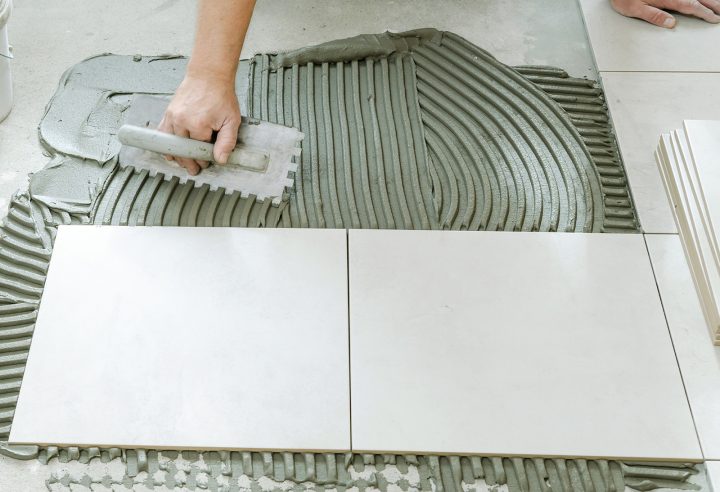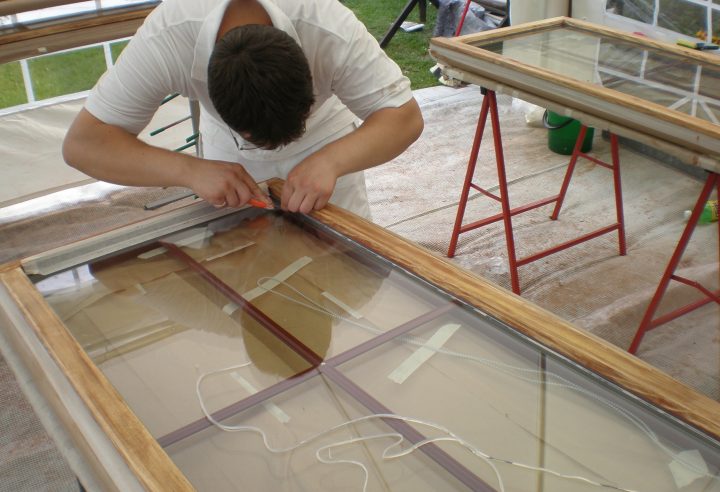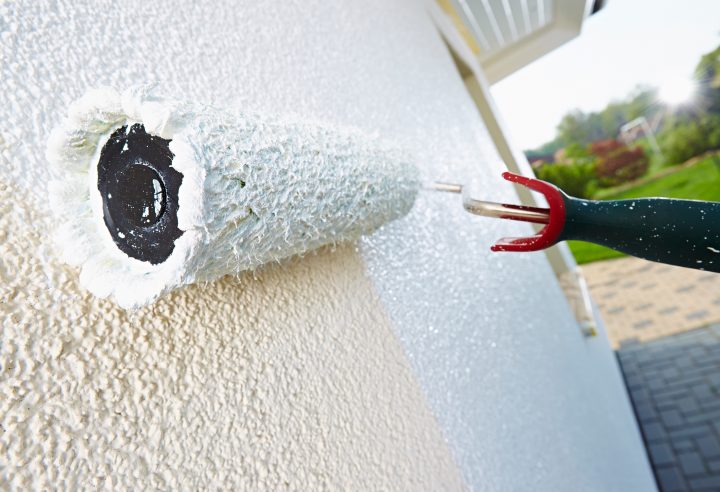Established in 1892, employing 250 – 300 employees today and receiving orders from Austria to Poland, Czech Republic to Gabon, Azerbaijan to Tajikistan: with its company structure, Hirsch Beteiligungs GmbH is a different kind of family business. Thanks to the vision of the three predecessors Ernst Hirsch, Otto Hirsch I. and Otto Hirsch II., the company could develop step by step. Cultural sensitivity, social commitment and economic sustainability are the driving forces.
History
The Hirsch – dynasty since 1892, over four generations from Linz into the big, wide world

Ernst Hirsch – founder of the company, 1892
What do Dushanbe Airport (Tajikistan), a hospital in Libreville (Gabon), the German Embassy in Stockholm (Sweden), a hotel and residence building in Andermatt (Switzerland) and the Presidential Palace in Baku (Azerbaijan) have in common? Interior finishing and coating work – including stucco and decoration work – done by an Austrian company. “Hirsch” is perhaps the only domestic company of its kind that operates in countries that you might not associate with an interior finishing company from Linz. The company has been commissioned with offices and hotels, industrial and residential buildings, hospitals and garages in Central and Eastern Europe, largely owing to the strategy of the current Managing Director. Otto Hirsch manages the company, established more than 128 years ago, in its fourth generation. Initially, the restless father of four children wanted to become an architect, but when his father suddenly fell ill, he joined the family business in 1980 at the age of 20 and has been Managing Director since 1990. “I studied building construction at the Linz Higher Technical School, but gained the qualifications and educational skills required to manage the company mainly from the Boy Scouts”, Hirsch remembers, who would just as gladly talk about his numerous social projects, mainly in Nairobi (Kenya), where his heart lies. His passionate commitment to social responsibility also stems from his time with the Boy Scouts with whom he is still emotionally connected.

Otto Hirsch I. with his family
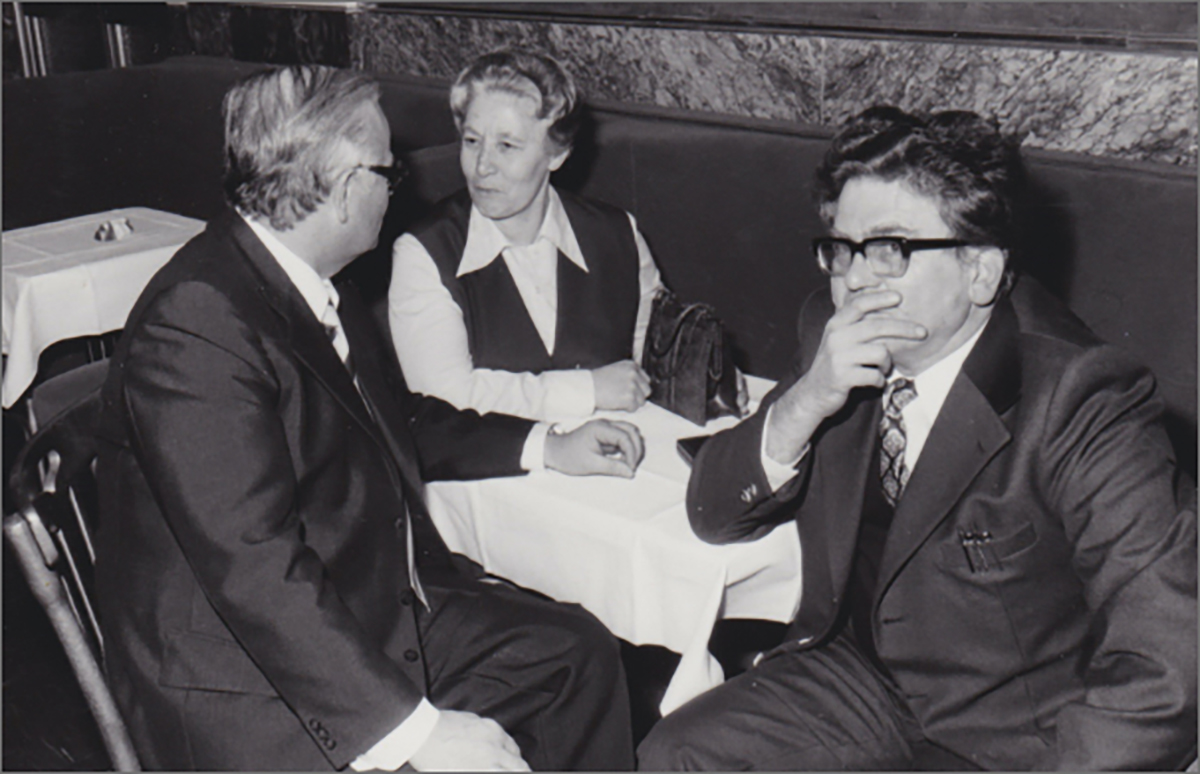
Otto Hirsch II. with his wife
FAMILY SHARE OWNERSHIP
The continued expansion of the Upper Austrian medium-sized enterprise began in the 1990s. “The first major international project was the refurbishment of the Austrian Embassy in Ankara. On a side note, we recently renovated the residence of the German ambassador in Istanbul”, says Hirsch who founded subsidiaries in the Czech Republic and Poland in the mid-1990s and became successful with his range of drywall construction services for hotels and shopping malls. Hirsch emphasizes that back then, he did not want to export his painting and interior finishing business, but rather the idea of running a family business: regional management with a stake in the company is a prerequisite for each subsidiary in the group of companies. His motto, then and now: “Sustainability takes priority over profit maximization”.
He will never forget the moment when he established the first company in Poland. Equipped with an absolute minimum amount of initial capital, a Polish employee “who did not speak a single word of German” convinced him to establish a subsidiary in Jelenia Gora.
Today, the former master plasterer Jacek Urbanczyk is a 48 percent shareholder of Hirsch International Polska Sp. z o.o. “In Poland, we established a share ownership model for our managers and only hold a 30 percent share in the two regional subsidiaries in Warsaw and Katowice. These companies will eventually develop into three Polish family businesses with sustainable growth.
CENTRAL ASIAN ADVENTURE
Meanwhile, the Hirsch group of companies has expanded to Poland, Czech Republic, Romania, Switzerland and even the Caspian sea. Between 2008 and 2009, the Palace of the President of Azerbaijan Ilham Aliyev was built there. “Kind of like a ‘small Versailles'”, jokes Hirsch who temporarily employed a group of 180 craftsmen from eight countries for the interior finishing work of the giant building. Further projects in Azerbaijan followed.
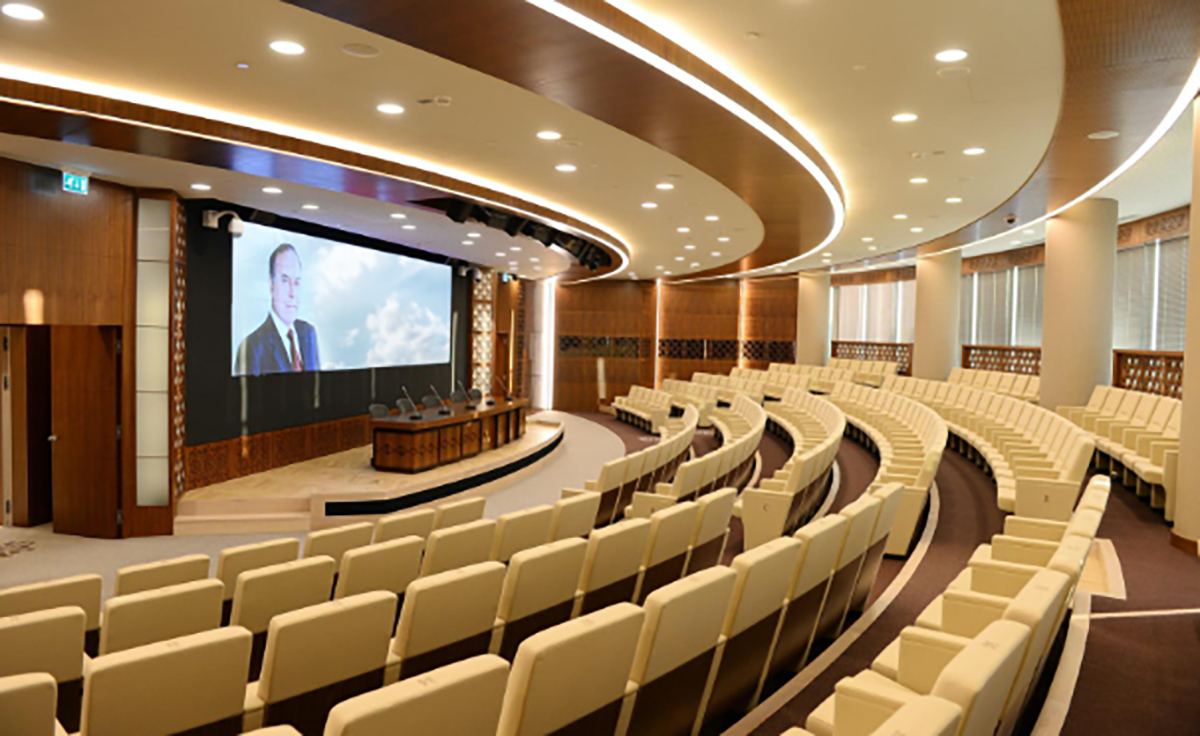
Sofaz Tower Baku / Azerbaijan
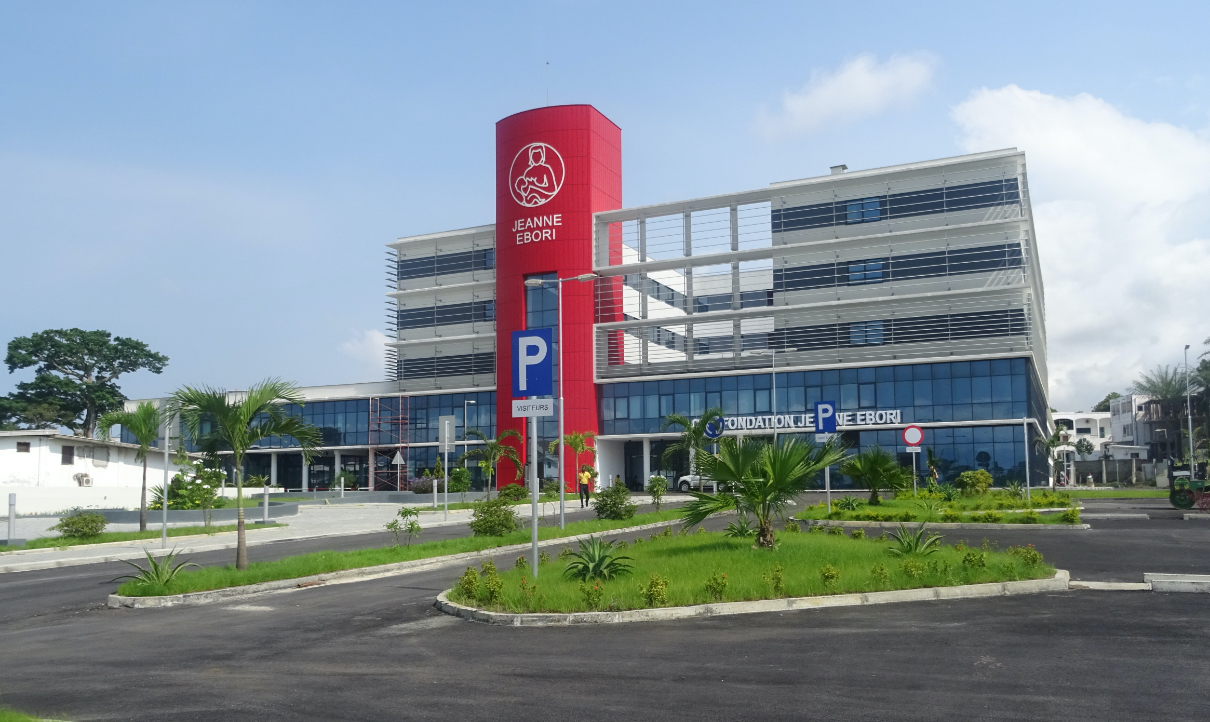
Hospital Foundation Jeanne Ebori Libreville / Gabon
A HOSPITAL IN LIBREVILLE
The “Centre Hospitalier Universitaire Fondation Jeanne Ebori” in the capital of Libreville has been one of the most successful hospital projects. On behalf of VAMED, Hirsch International GmbH is responsible for the entire array of interior finishing services. “The challenge of this project is the project management which we handle in close and fair cooperation with VAMED”, Hirsch says. However, a problem in Gabon is the lack of skilled workers. Local workers only perform unskilled jobs. Educating regional employees is crucial in order to create regional added value in the country.
ORGANIZATION AND QUALITY
Our main secret to success is that we approach the customer with one contact person who has everything under control and can optimize the individual project management interfaces”, Otto Hirsch says confidently.
What are Otto Hirsch’s wishes for the group of companies? “In the future, quality and performance should be at the same level everywhere, whether it be in Austria, Poland, Azerbaijan or Africa”. Education and time as well as sustainable corporate structures and of course a sound economic foundation are indispensible for this.
What does the future hold? One thing is important to Otto Hirsch: No group of investors or stock company should control the company in the future, but rather owners who are also managers and continue to pursue the idea of a family business. Who knows? Perhaps, one day there will be a subsidiary of the Hirsch group of companies in Africa.
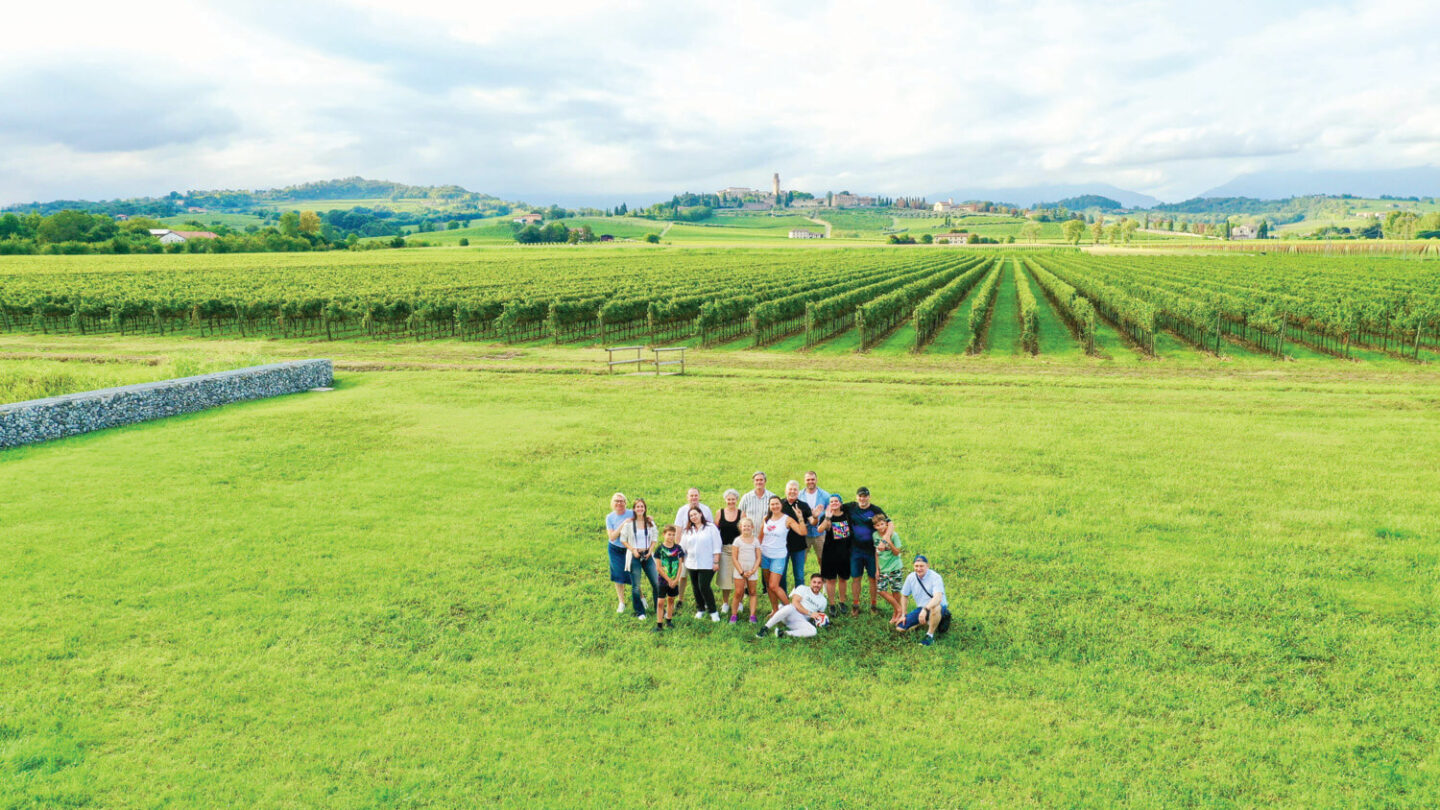
Otto Hirsch III. with the "Hirsch International" team
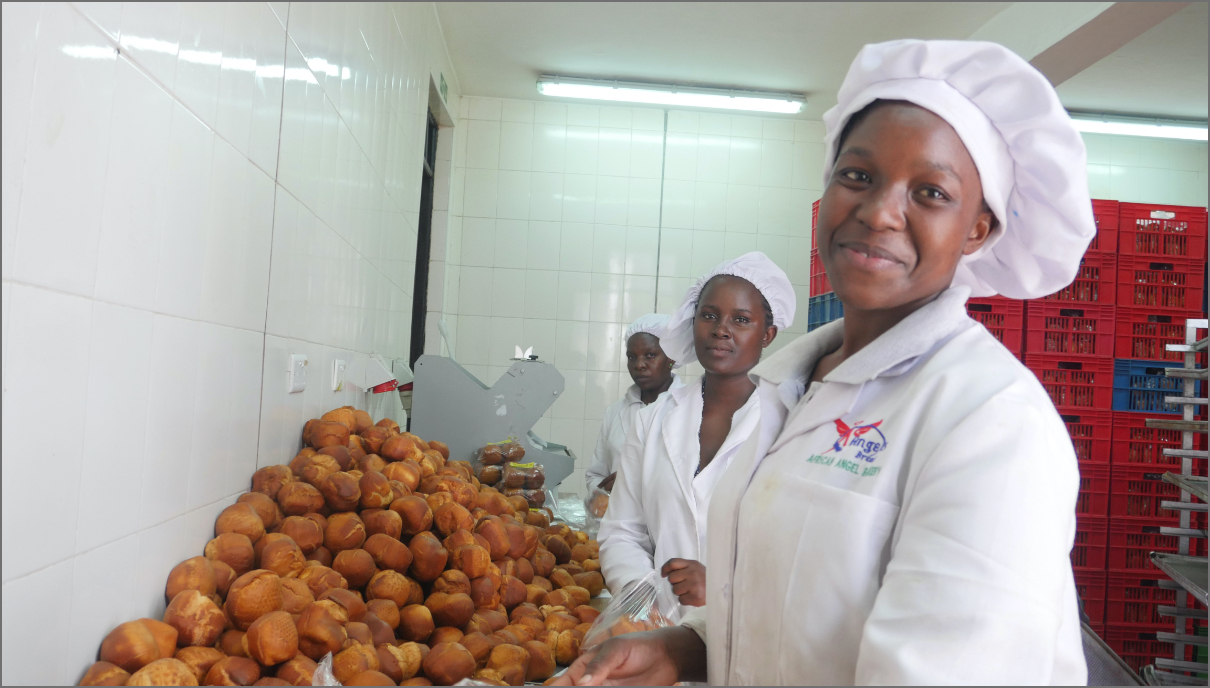
A bakery in the slums of Nairobi, Kenyad
THE HIRSCH COMPANY AS A FOUNDATION FOR SOCIAL COMMITMENT
Apart from managing the company, Otto Hirsch has been involved as the driving force behind many aid projects in South-East Europe, Asia and Africa for many years. Apart from aid projects together with Caritas Carinthia, for which he acted as the official representative for international projects until 2014, he set up aid projects in Afghanistan and Uganda, organized social projects for children with disabilities in Romania and Croatia together with Diakonie Austria and supported people with war-related trauma in Sarajevo, Donbass and unaccompanied minors on the island of Lesbos.
In Kenya’s capital of Nairobi, Mr. Hirsch continues the life’s work of Caritas Carinthia’s long-time aid worker Peter Quendler and missionary sister Lydia Pardeller who are both deceased. In Korogocho, Nairobi’s third-largest slum, Mr. Hirsch takes care of the maintenance of schools and together with Peter Augendoppler, the owner of Backaldrin The Kornspitz Company, he opened a profit-oriented bakery where eight apprenticeships have already been created. The dual training takes two years until the master craftsman’s examination. The nearby Macao and Damascus schools are financed through the profits made by “Angels Bakery”.
"We combine economic and social competence for the benefit of our customers, employees and society - this is our world."


